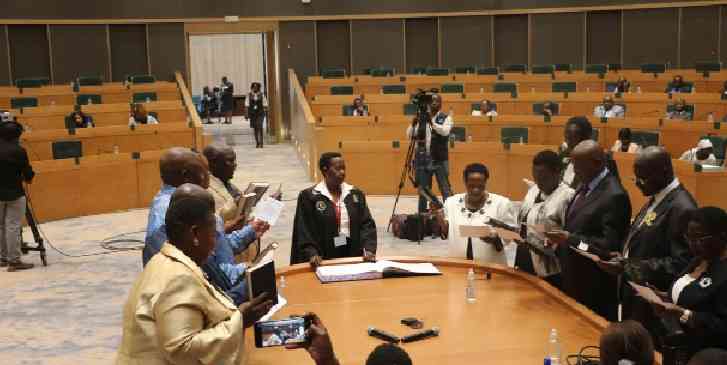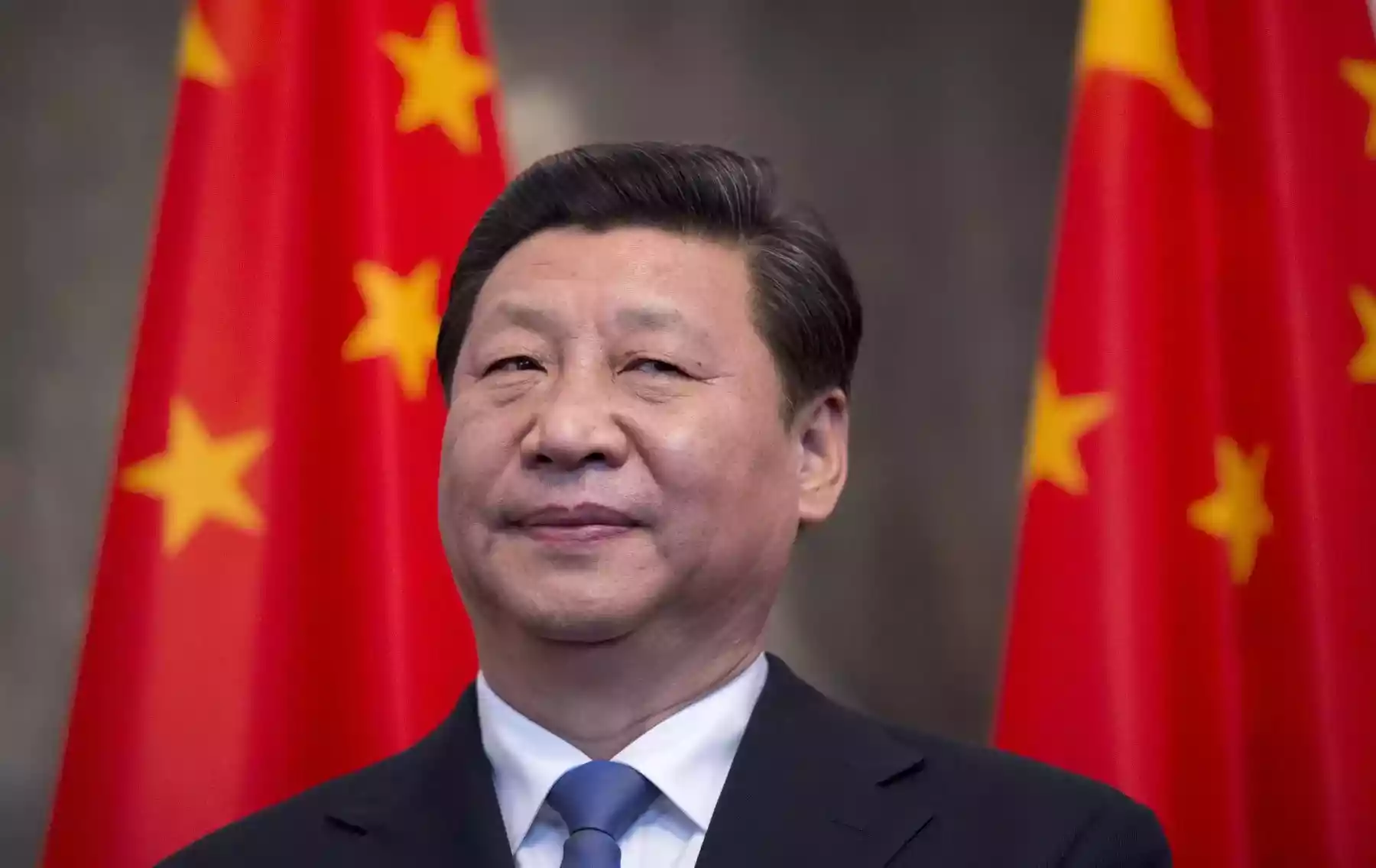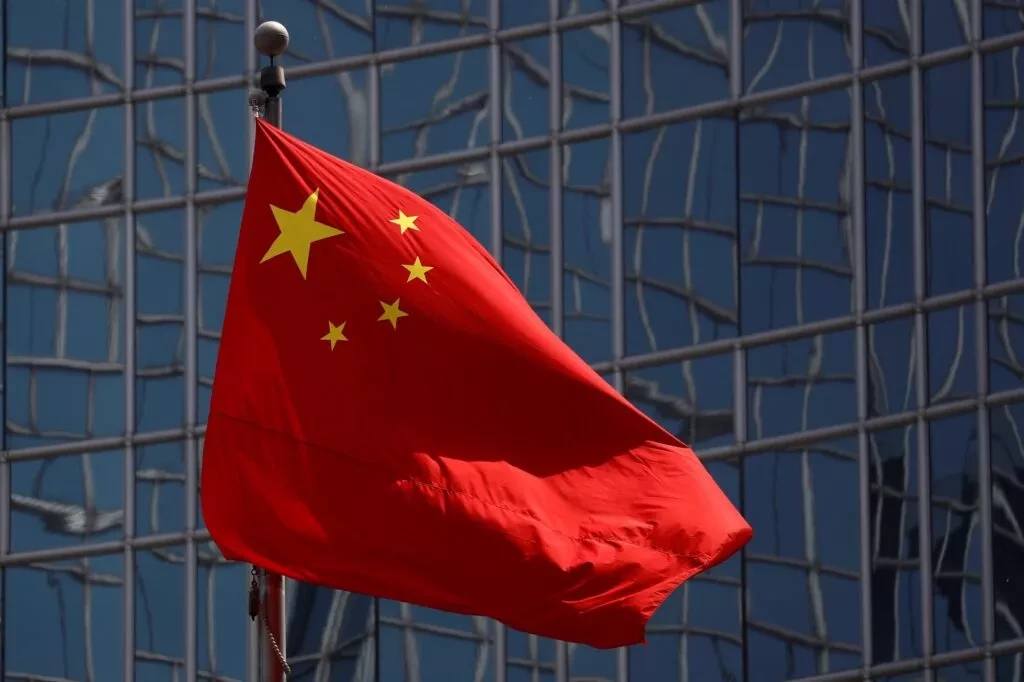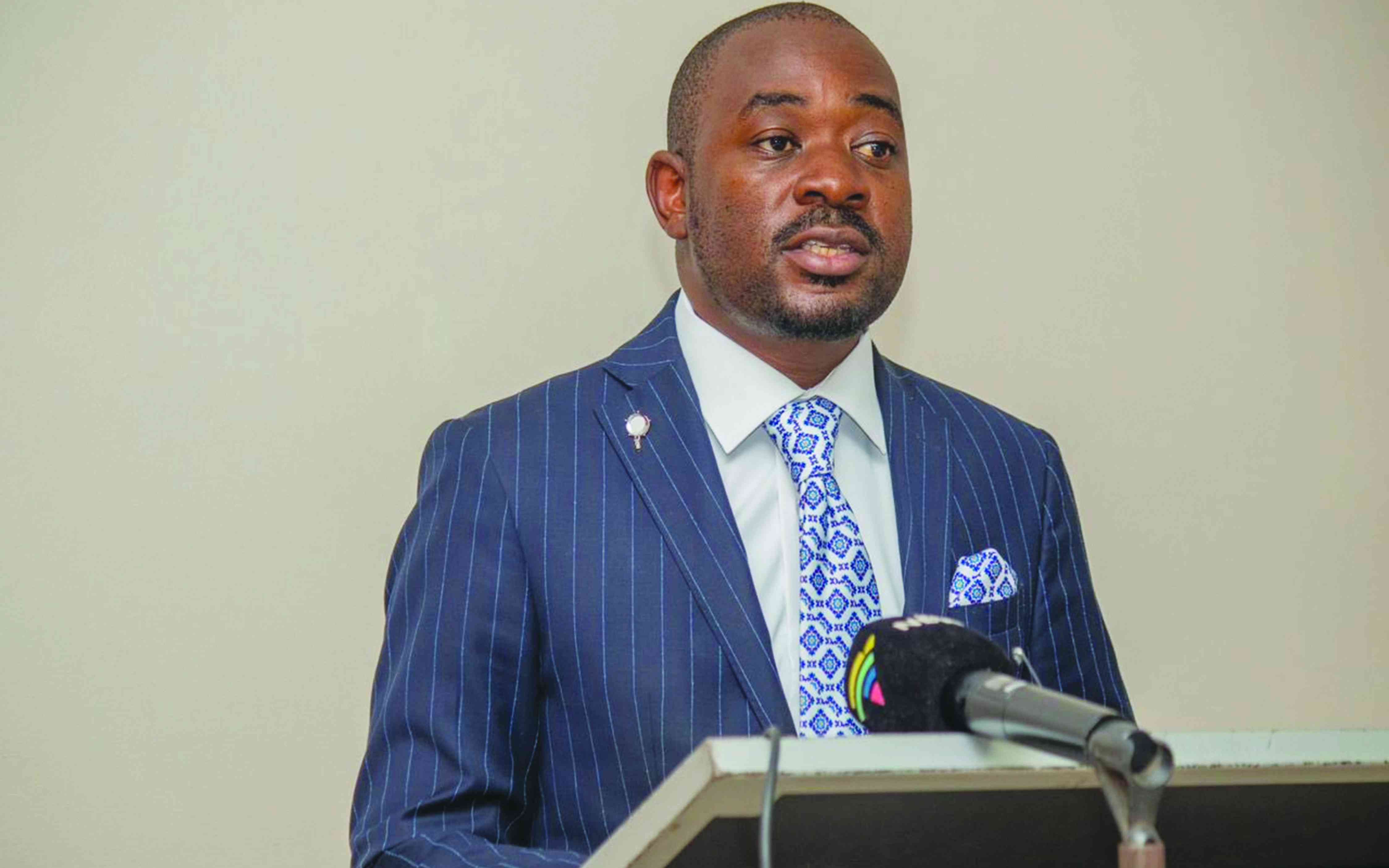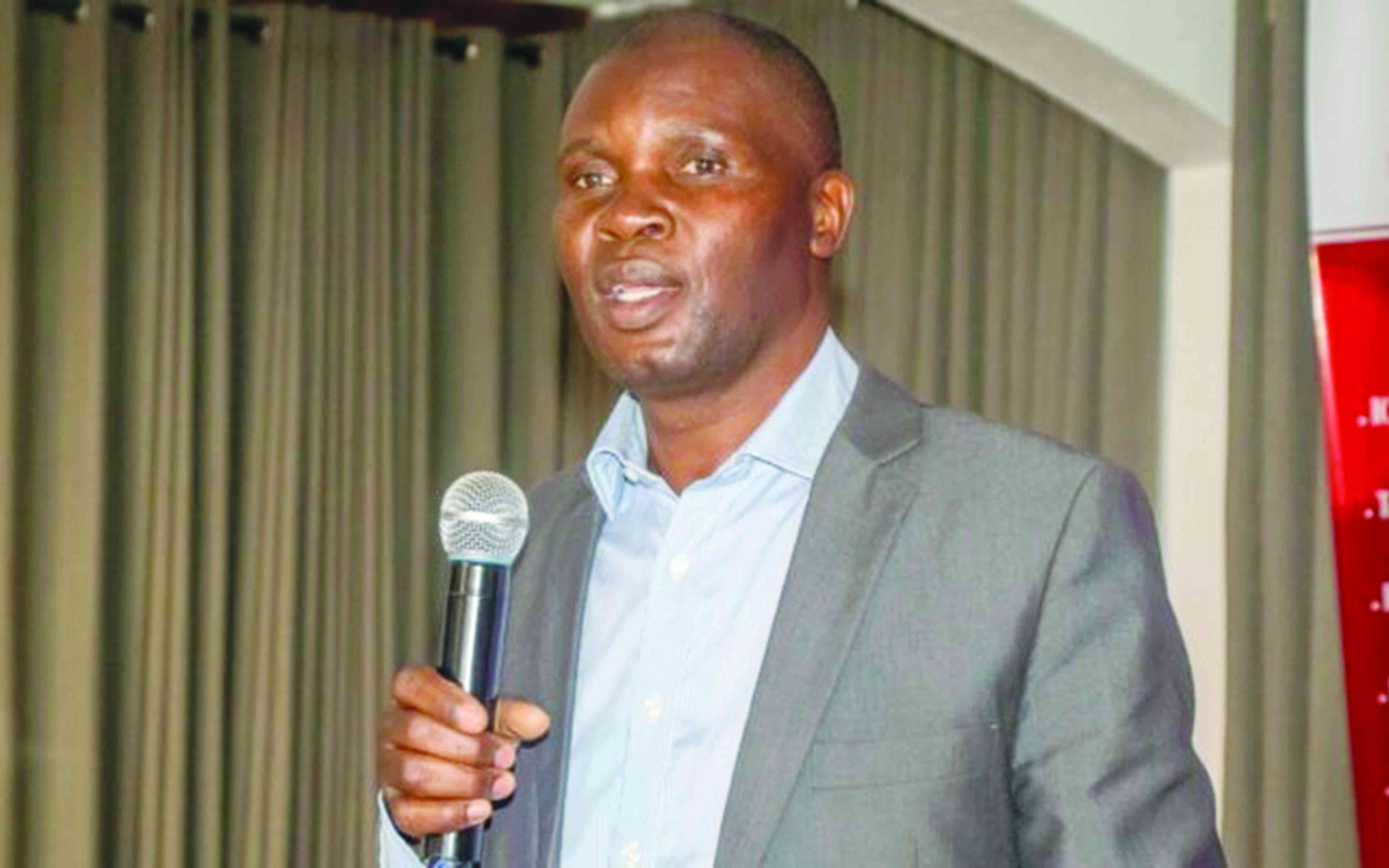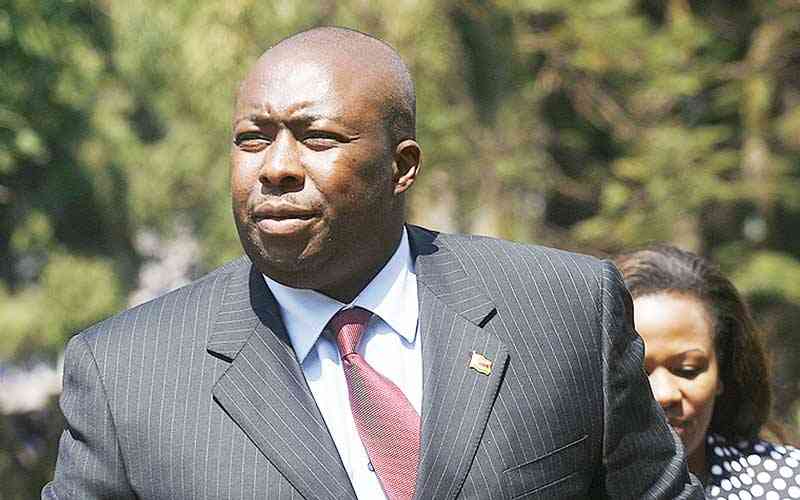
LATE afternoon on Tuesday, Zimbabwe’s Twitter was all about Passenger 34. He was trending all night and into Wednesday, the day the Nomination Court was sitting.
Passenger 34 did not arrive as expected on Tuesday. When he arrived on Wednesday morning, he made a u-turn and returned to his South African base for fear of being arrested.
The buzz was that the passenger in question, former minister Saviour Kasukuwere, was coming back from his self-imposed exile across the border to join the fray as an independent candidate in the Presidential elections.
The reasoning was that Kasukuwere, who has a warrant of arrest against him which was issued on January 17, 2019 by the now retired Harare magistrate, Hosea Mujaya, was going to taste the medicine usually reserved for opposition figures: weaponisation of the law by the state.
He allegedly failed to appear for trial on four counts of criminal abuse of office.
Tyson, as he is called by his admirers, was entering a Zanu PF Game of Thrones, a game where only those with a strong spine, political and military backing; or just plain suicidal, get to play.
Those who enter to play must also know that the ultimate price is not beyond paying.
The video Kasukuwere posted on Twitter early this week to declare his candidacy was certainly telling, and seemed targeted at a very specific audience, with a song, Nzira dzemasoja, likely by one of the liberation war Zanla choirs, preceding his announcement.
- Twitter alternatives for the Musk-averse
- Building narratives: Nurse pens anti-child marriages fiction novel
- Social Media Handles Of Exiled Tibetan Government Under Threat
- Building narratives: Nurse pens anti-child marriages fiction novel
Keep Reading
His messaging too, appeared specifically targeted at the disaffected members of the ruling Zanu PF party and the opposition, calling himself a ‘beacon of hope,’ and a ‘champion for change.’
His tagline of ‘Choose hope over fear,’ appears targeted at the current occupant of the State House. Since his election in 2018, President Emmerson Mnangagwa has clearly chosen fear to silence his critics, as the August 1 2018 shooting showed.
Six protesters and bystanders were killed by the army and dozens were injured in violence that followed the election, with an inquiry, led by former South African president Kgalema Motlante, finding that the military’s use of live bullets was “disproportionate and unjustified.”
Mnangagwa again sent in the army in January 2019 to control protests over fuel price hikes.
Human rights organisations said 17 people were killed, over a thousand had bullet wounds and hundreds more were arrested.
The message from Mnangagwa was clear: he would not hesitate to use the army to deal with dissent.
Critics felt that the manner in which Mnangagwa and the Zanu PF leadership would deal with Kasukuwere when he lands in the country would be indicative of their political game plan for his candidature. Kasukuwere is seen hurting Mnangagwa more than Citizens Coalition for Change leader, Nelson Chamisa, but his candidature will test Mnangagwa’s democratic credentials.

